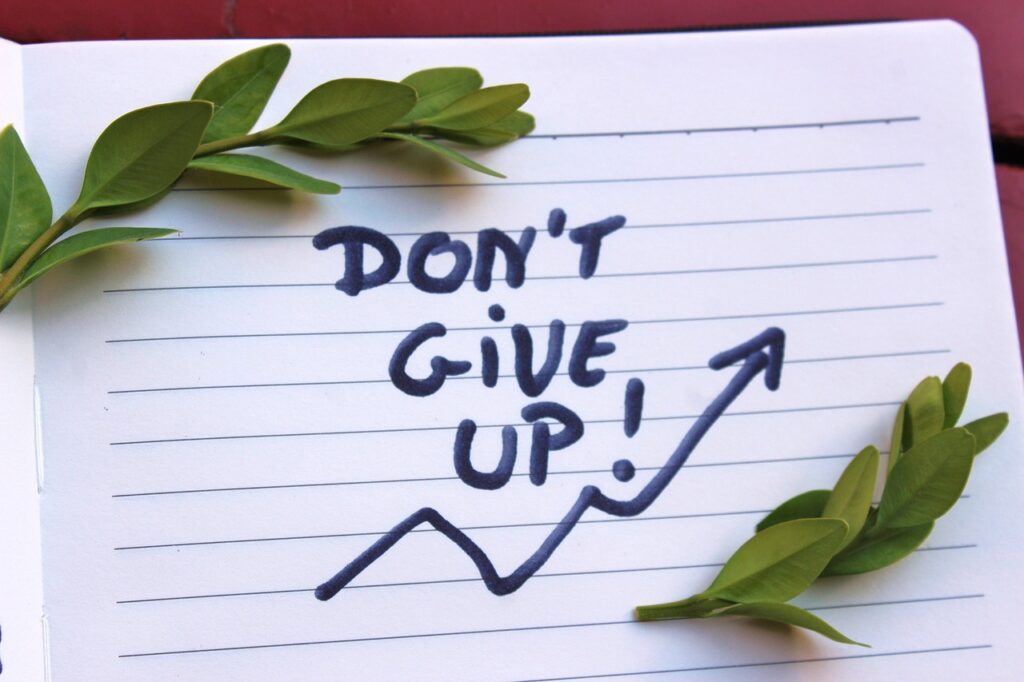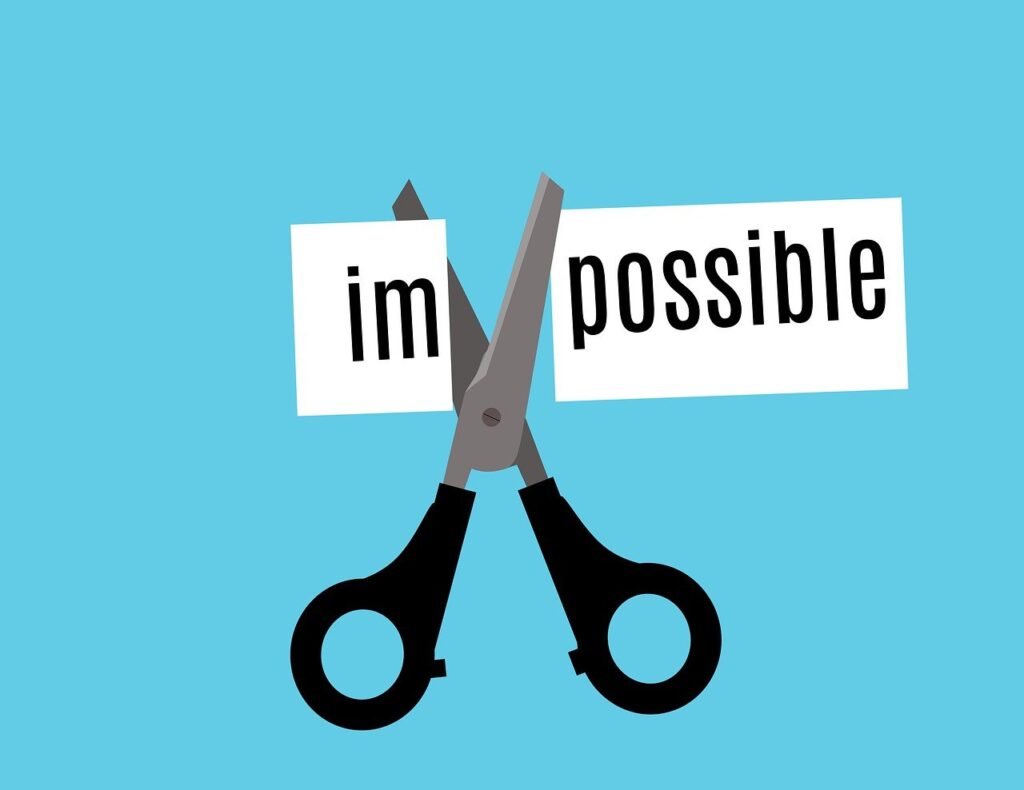If you win the morning, you win the day.

That might sound cliché, but it’s rooted in truth. The way you start your morning sets the tone for everything that follows. If you begin your day with structure, intention, and focus, you’re far more likely to stay disciplined and productive—regardless of what life throws at you.
Let’s explore how building a powerful morning routine can strengthen your self-discipline and help you show up as your best self—every single day.
Why Morning Routines Matter for Self-Discipline
Discipline isn’t about punishment. It’s about training your mind and body to follow through on your goals, even when you don’t feel like it.
Morning routines act as a “discipline primer.” They create consistency, build momentum, and help you resist distractions. Even simple morning habits—done repeatedly—can rewire your brain for more willpower throughout the day.
Think of your morning like a mental gym: The more consistently you show up, the stronger your discipline muscle becomes.
6 Morning Habits That Build Unshakable Self-Discipline
Here’s a blueprint you can customize. You don’t need to do all six, but stacking a few can have a powerful compound effect.
1. Wake Up at the Same Time Every Day (Even on Weekends)
This habit is all about consistency. Waking up at a set time—especially earlier than most—builds internal discipline and trains your body to rely on a healthy sleep rhythm.
Pro Tip: Avoid hitting the snooze button. That small act of defiance starts your day with avoidance, not action.
2. Make Your Bed Immediately
This small victory sets a tone of order and accomplishment. It’s a quick win that tells your brain: “I take action. I complete things.”
As Admiral William H. McRaven said, “If you want to change the world, start off by making your bed.”
3. Move Your Body
Exercise—whether it’s a 10-minute stretch, a walk, or a full workout—boosts your energy and trains your mind to embrace discomfort.
Movement in the morning conditions you to push past laziness and do what needs to be done—even when it’s hard.
4. Cold Shower or Face Splash
This isn’t for everyone, but cold exposure builds mental toughness. It shocks your system awake, and it’s a perfect practice in doing something uncomfortable (yet beneficial) first thing in the morning.
5. Write Down Your Top 3 Priorities for the Day
Discipline thrives on clarity. Instead of starting your day in reactive mode (emails, news, scrolling), proactively choose your focus. Writing your top 3 priorities gives your day structure—and trains you to lead, not follow.
6. Practice 5 Minutes of Mindfulness or Gratitude
Even a few minutes of intentional breathing or gratitude journaling can center your mind and reduce stress.
Mental clarity is a discipline amplifier. It helps you make decisions that align with your goals rather than your emotions.
How to Stay Consistent
Here are a few quick tips to stick with your morning routine:
- Start small. Don’t try to overhaul your life overnight. Begin with one or two habits and build from there.
- Prepare the night before. Layout clothes, prep coffee, write your goals. Eliminate friction.
- Track your wins. Use a habit tracker or journal to measure consistency. Seeing your progress builds momentum.
- Be kind, but firm with yourself. Discipline doesn’t mean perfection—it means persistence. If you slip up, start again tomorrow.
Final Thoughts: Discipline Starts Before Breakfast
Self-discipline isn’t about superhuman willpower. It’s about systems, habits, and mindset. A strong morning routine gives you the structure and focus to face your day like a warrior—not a worrier.
So tomorrow morning, before the chaos of the world kicks in, take time to command your day. Build your discipline before breakfast—and watch how it transforms your life.
Ready to build a disciplined life?
Start with tomorrow morning. Just one intentional habit can set everything in motion.
















